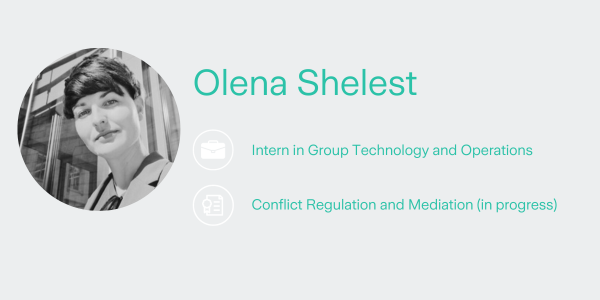Understanding Social Wellbeing
Social healthHealth TipsNovember 16, 2023
Learning to understand social wellbeing can help us to build stronger relationships with others and learn how to become more comfortable with our role in society.
People with a strong sense of social wellbeing tend to be sensitive, respectful, open to others, and help to create safe, supportive, and inclusive social environments.
But how do we build stronger social wellbeing? Let’s take a closer look at the traditional approach.
What is social wellbeing?
The traditional approach finds social wellbeing at the intersection between our quality of life, the efficiency of our social spheres, and our perception of society. In simpler terms, our social wellbeing is built on a combination of three core elements:
- How much we enjoy our lives
- The quality of our friendships
What we think about our place in society
When we think about our relationships and the bonds we build with others, there are a range of different factors that can impact our overall social wellbeing.
- How we feel about ourselves and our lives
- What we do on a daily basis
- Why we make certain decisions
- Why we act a certain way
- How we feel about our experiences
Within the workplace – a very important part of our social life – this can relate to how much of an influence we feel we have and how much we feel we belong. As we grow and develop relationships with our team, it’s important that we feel a sense of social inclusion and stability to maintain our happiness at work. How much we feel valued at work can often rely on whether we feel like an accepted part of the social dynamic.
The dynamics of social wellbeing
Social wellbeing is built around how we relate to society and its place in our lives. If we can relate to the world around us through our thoughts, feelings, connections, and experiences, we can foster a sense of belonging and feel that we are accepted by society. Generally, the more we feel that society accepts us and serves our needs, the greater our sense of social wellbeing.
We can directly influence our sense of social wellbeing by addressing how our perception of our lives and of society matches our real-world experiences. If we feel lost and separate from society, we can consider if our actual experiences reflect this, or whether it is purely our perception. It is possible in these cases that we simple have not been presented with the opportunities to engage with society. In these cases, it is up to us to seek out that which we need and to find social wellbeing for ourselves.
How can we improve our social wellbeing?
There are 4 key things we can do to start improving our social wellbeing and work towards finding our place in society:
1. Self-awareness: Being aware of who we are and why we think, feel, and act the way we do allows us to find like-minded people, while allowing us to be more conscious of how we interpret social interactions.
2. Positive perceptions: Actively working towards seeing the good in people and in ourselves can help us to view our place in society more positively and help us to feel more valued.
3. Tools for growth: When we become more self-aware, we can more easily identify areas for growth and decide on the measures we can take to achieve our goals.
4. Feeling valued: As we identify areas for growth and take a more positive outlook on our lives, we can take steps to help ourselves and those around us to feel valued and appreciated.
Why is social wellbeing important?
We interact with other people constantly, whether in person or digitally. When we can be more aware of the way we think, feel, and act, we can start to influence ourselves and others to grow together and foster a sense of collaboration and belonging.
As we start to feel that we are making an impact and building stronger bonds with those around us, we experience greater social inclusion and personal growth. This gives us purpose and helps us to feel accepted as part of a society that values our contributions.

LiveWell focuses on a holistic approach, separating wellbeing into four pillars essential for maintaining our overall health. We treat physical, mental, social, and financial health as key to building a complete state of health.
